People Are Sharing Their Regrets After Getting Plastic Surgery At A Young Age, And It's Pretty Eye-Opening
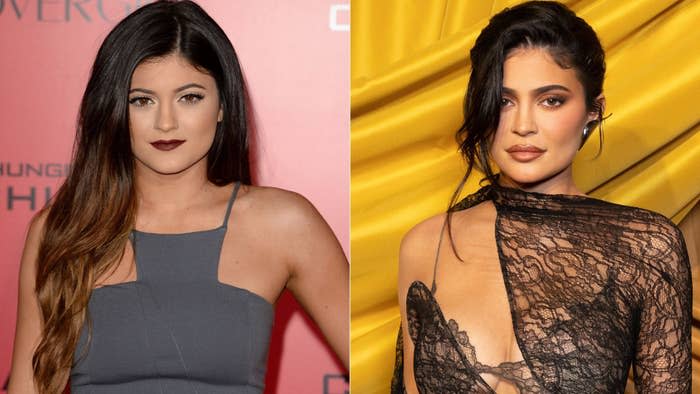
When she was 16, Zoë underwent a septorhinoplasty, a surgery that both corrects a deviated septum (septoplasty) and changes the cosmetic appearance of one’s nose (rhinoplasty) at once.
The procedure to correct her deviated septum was necessary; the nose job wasn’t ― though, as a teenager, it certainly felt like a necessity to her.
“In middle school, a boy told me I had a big nose, and that unlocked a new insecurity,” said Zoë, who, like some others in this story, asked to be identified only by her first name to protect her privacy.
“I had a bump on the bridge of my nose and yearned for a tiny, smooth, upturned ‘pixie’ nose,” she said.
So, at the appointment with an otolaryngologist to address her deviated septum, she also floated the idea of tweaking the appearance of her nose.
Without skipping a beat, her doctor agreed with the idea; Zoë’s nose could use a little work. The plastic surgeon she met up with shortly afterward agreed, too. He even pointed out characteristics of her nose she had never noticed before.
“I distinctly remember him using the words ‘bulbous tip,’” she said.
Zoë’s parents never pushed her to get cosmetic surgery ― there were just concerned about her breathing problems ― but with the encouragement of her doctors, the whole family got swept up in the whole thing, she said.
Soon, Zoë was going under the knife in pursuit of a new and improved, itty-bitty nose.
The end product left a lot to be desired: The recovery process alone took two years, and even after that, her nose healed incorrectly and remained a little crooked. Zoë’s nose was different, but her insecurities stayed the same.
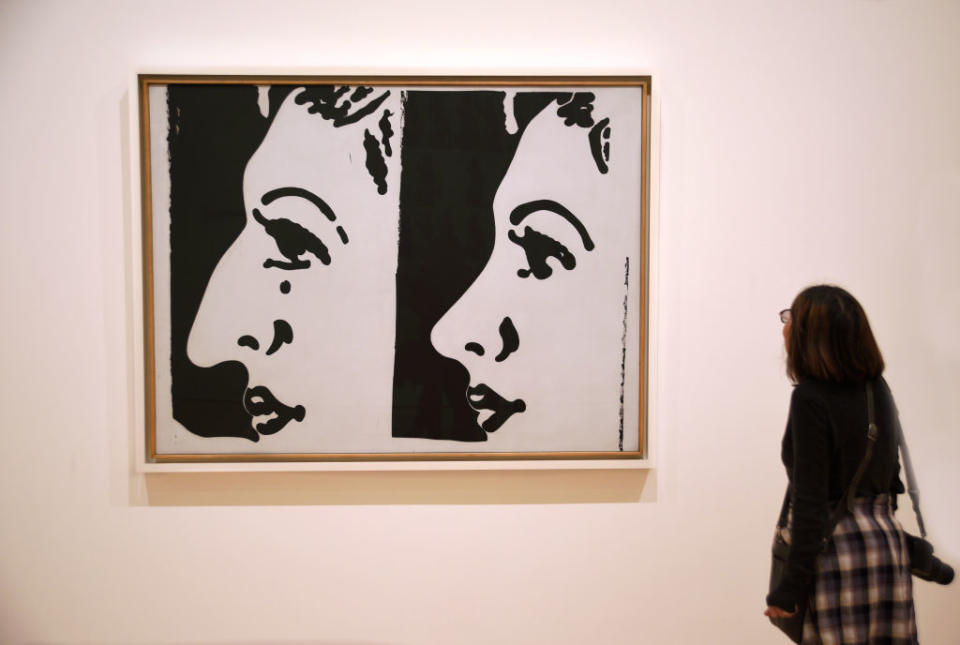
Fifteen years later, Zoë is now 31 years old and thinks body dysmorphia was at play. (According to the American Psychological Association, body dysmorphia is defined as a preoccupation with a slight or imagined defect in one’s appearance. One study suggested that between 5-15% of people interested in cosmetic procedures have body dysmorphic disorder.)
“I look back at pictures of my nose and there was nothing wrong with it,” Zoë said. “I regret having it done. I was too young to make that decision. My brain and worldview were not developed. If I had waited until I was older, I definitely would have changed my mind.”
Although there are plenty of young people who say they don’t regret having plastic surgery, Zoë isn’t alone in wondering whether she made the right choice by “fixing” something she might have otherwise learned to embrace with age.
Kylie Jenner recently admitted in an episode of Hulu’s The Kardashians that she got breast implants when she was 19 ― though now she regrets it.
In the episode, Jenner tells her best friend Stassie Karanikolaou that she had the procedure done before she got pregnant with her daughter Stormi.
“You know I got my breasts done before Stormi, within six months of having Stormi, not thinking I would have a child when I was 20. They were still healing,” she explained. “I had beautiful breasts. Just gorgeous, perfect size. I just wish I never got them done, to begin with.”
Last year, in an interview with Vogue, model Bella Hadid made headlines for admitting she regrets the nose job she got at age 14.
“I wish I had kept the nose of my ancestors,” Hadid, now 25, told the fashion magazine. “I think I would have grown into it.” (Hadid’s mother is the Dutch-born model and former “Real Housewives of Beverly Hills” star Yolanda Hadid. Her father, real estate developer Mohamed Hadid, is Palestinian.)
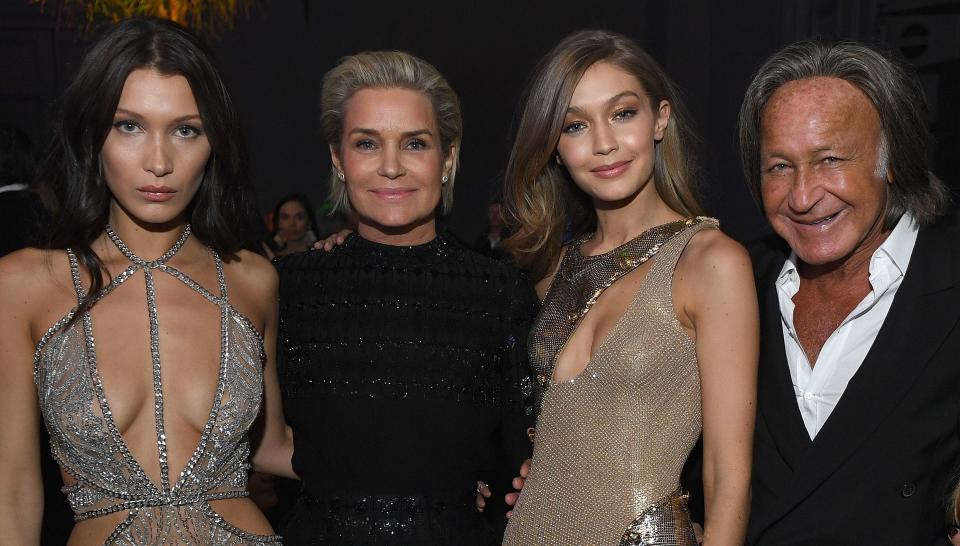
Like Hadid, Dulce Candy Ruiz, a 34-year-old influencer from Los Angeles, also regrets the rhinoplasty she got when she was younger. (She waited to get breast enhancement surgery until she was older, after she had a baby, and has no regrets about that.)
Ruiz struggled with body dysmorphia issues from as young as 8. Still, her nose was never one of her “problem” areas. No one had ever commented on it, and she though it looked fine, too.
But scrolling on social media, seeing one “perfect” button nose after another, Ruiz began to second-guess her own face.
“The nose job I ended up getting actually made me feel worse because I realized a few years later, once I started to love myself as I am, that I had made a huge mistake,” she told HuffPost.
“I made the drastic decision to change a feature that is a part of all the men and women [on] my mom’s side of the family,” she said.
On her popular YouTube channel, Ruiz often shares her complicated feelings about plastic surgery, hoping young girls take it as a cautionary tale.
“The last thing that I want is a girl to get surgery done because she doesn’t love herself,” she says in one YouTube video. “I did that when it came to my rhinoplasty. I messed up my nose trying to ‘fix’ something that wasn’t broken.”
Ruiz’s surgery was more than a decade ago when Instagram was still relatively new. The impossible beauty standards of Ruiz’s generation have nothing on Instagram face (ever notice how every influencer has the same exact features as a Kardashian? Yeah, that’s Instagram face) and the ideals foisted on Gen Z-ers.
These days, teens are bringing filtered selfies of Instagram models to plastic surgeons in hopes of capturing an even more well-defined look ― a phenomenon called “Snapchat Dysmorphia.” (The filters on Snapchat and Instagram smooth out your skin, slim your nose, and give you a fuller, more exaggerated lip and eyes.)
“Everybody basically is using a filter on their own and they’re either taking that next step to bring it to me saying, ‘Hey, this is what I want to look like,’” Matthew Schulman, a board-certified plastic surgeon based in New York City, told HuffPost in 2018.
“Not everyone is going that far, but in their head, that’s what they want to look like, and then they’re coming to me and saying, ‘I want smoother skin, I want my eyes to be opened up, I want my lips to be fuller,’” he said.
According to statistics from the American Society of Plastic Surgeons, about 229,000 cosmetic procedures were performed on patients ages 13 to 19 in 2020. That’s roughly 2% of all cosmetic enhancements that year.
Of those procedures, 141,000 were minimally invasive nonsurgical cosmetic procedures, like laser hair removal and Botox injections.
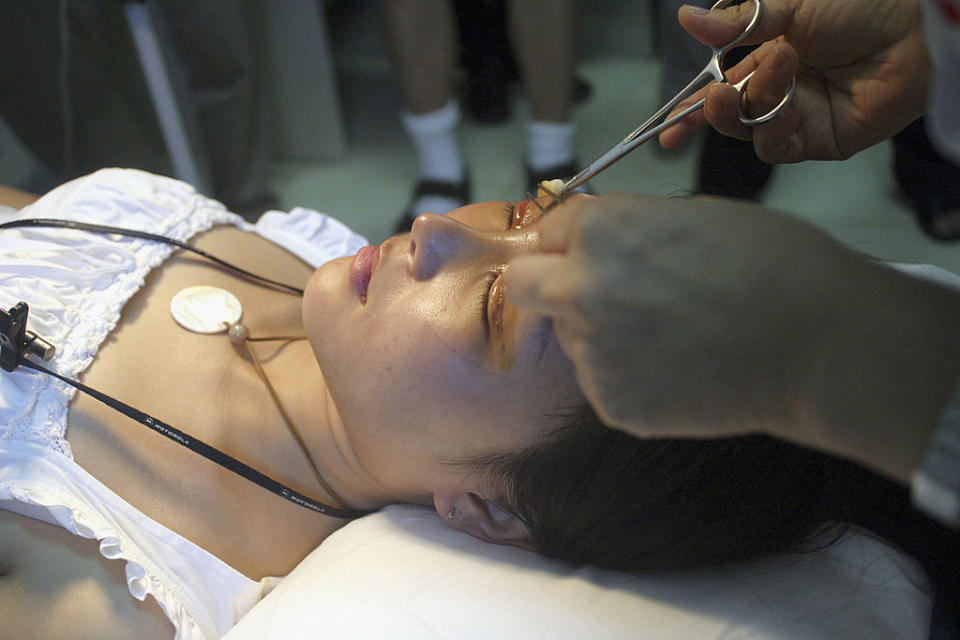
Anthony Youn, a board-certified plastic surgeon and author of The Age Fix, told HuffPost that teens are getting more specific about what they want done, thanks to the internet.
“We’ve seen a rise in teens requesting procedures and either calling the office or DM’ing, and I do believe that social media plays a big part in this,” he said.
In more recent years, it’s not uncommon for a 16-year-old to come in requesting nonsurgical cosmetic procedures ― “I want a little lateral brow lift,’ for instance, or “I want cheek filler to define my facial structure,” or “I want a natural-looking amount of Juvederm to plump up my lips.”
Of course, not all of the procedures performed on teens are done for purely aesthetic reasons, Youn said. Plastic surgery procedures routinely performed on teens for medical reasons — or because bullying has become relentless — include breast reduction surgeries for teens with back, neck and shoulder pain, some nose jobs, and ear-pinback surgeries.
When teens come into his office, Youn takes a conservative approach to most procedures. It’s an obvious concern if a teenage patient is still growing or if it’s clear they have unrealistic expectations of life after the procedure.
“Then there are surgeries that I consider to be unacceptable when performed for purely cosmetic reasons, such as breast augmentation and liposuction, but they’re being performed by plastic surgeons thousands of times every year across the country,” he said.
“There are no actual guidelines for plastic surgeons performing these procedures,” Youn explained. “It’s truly up to the doctor, the patient, and the patient’s parent as to whether the surgery is considered reasonable.”
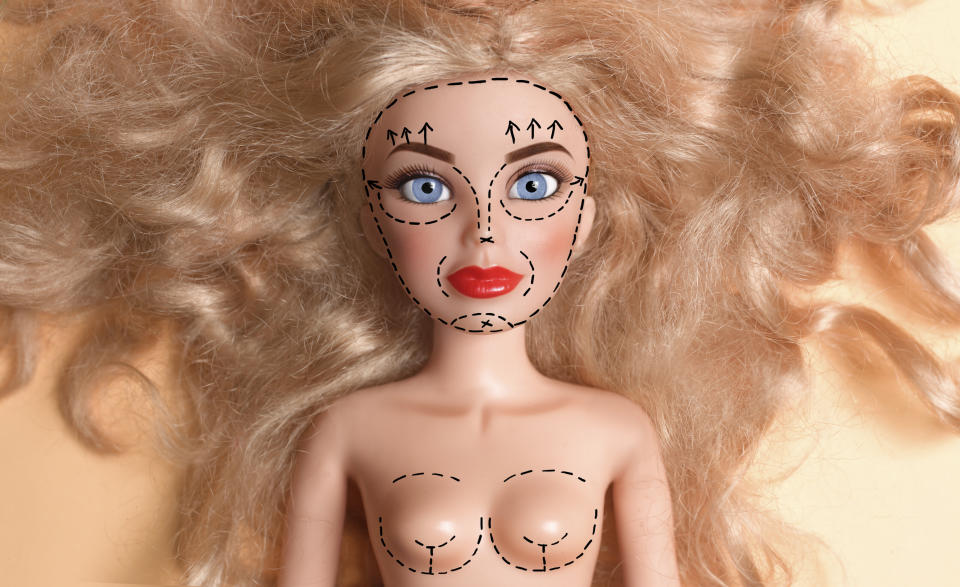
Though patients can have regrets, the majority of those who undergo surgery generally report being satisfied with the outcome of their procedures, according to David B. Sarwer, an associate dean for research at the College of Public Health at Temple University and a psychologist who’s studied the psychological implications of cosmetic surgery for over 25 years.
“That said, some rhinoplasty patients do report that it takes them a period of time to adjust to the new appearance of their face, and some also express some feelings of regret, particularly if they have changed a feature that is commonly seen in other family members,” he told HuffPost.
Sarwer is often brought in as a consultant when a surgeon is concerned that the patient may not be psychologically prepared for a given procedure. If a teen has body dysmorphic disorder issues, the psychologist dissuades the patient and surgeon from moving forward.
When teens feel unilaterally pressured by one or more of their parents to go under the knife, post-surgery disappointment is more common.
That was the case for Megan, a woman who was 18 when she got a breast implant on her left side. (Her left breast never developed the way the right one did.)
Megan never felt bothered by the difference in size, but her mother pushed the idea of surgery on her daughter.
“My mom would make comments that she wanted to help me get it fixed and that my husband would thank me one day,” she said.
But Megan’s breast didn’t heal the way she’d hoped it would, and 10 years later, she still regrets the surgery.
“I was happy with my body, even my one undeveloped breast. I made jokes about it, my girlfriends knew and would make the occasional joke, but I was happy with it all,” she said. “I want it fixed now, but I’m afraid to go under the knife again.”
Rod Rohrich, a plastic surgeon at the Dallas Plastic Surgery Institute, tries to suss out which teen patients are there on their own accord and which ones are there because of parental or cultural pressure. (In many cultures, including in Jewish and Persian American communities, a nose job in your teen years is practically a rite of passage.)
“I meet with the patient with ― and then without ― the parent to determine if they are the ones that want the procedure, but it is usually quite obvious when a young girl wants a rhinoplasty because they’ll be really pushing their parents to the consultation,” he said.
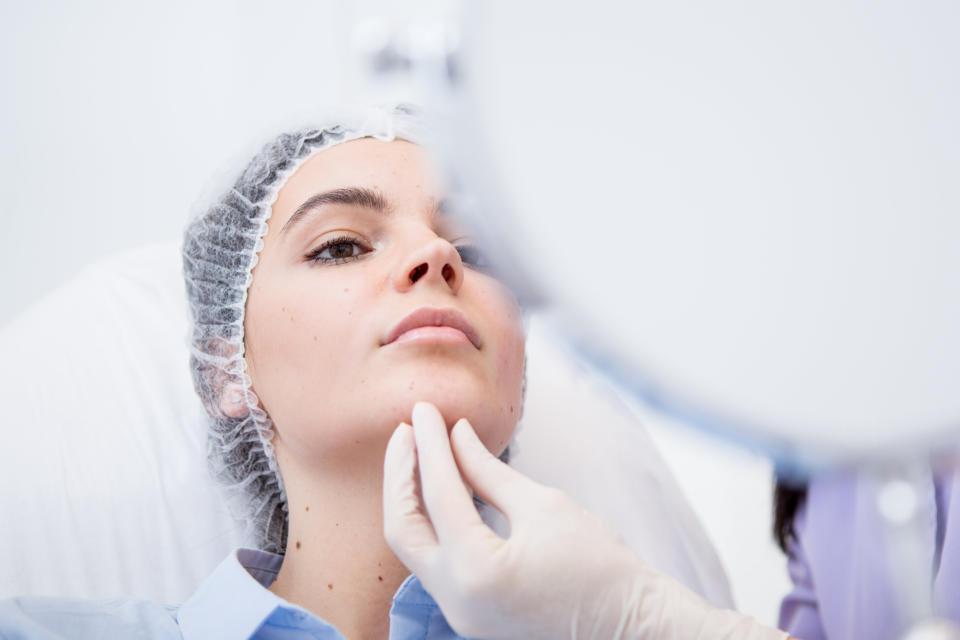
Michelle Yagoda, a facial plastic surgeon in New York City, thinks that all procedures should align with the principle of “less is more,” especially when teens are concerned.
“If you’re pursuing cosmetic surgery, you should aim to highlight the beauty associated with one’s ethnic and racial uniqueness,” she said. “An adolescent contemplating surgery should also be able to understand the risks, benefits and alternatives to the treatment.”
Worried about regretting surgery later on? There’s always the choice to wait.
The women we spoke to for this story have made varying levels of peace with their past cosmetic work. Still, there was one thing they all agreed on: It wouldn’t have hurt to wait a few more years to have booked an appointment with a surgeon.
“If I could go back in time and give advice to my younger self, I would encourage her to wait until at least her early 30s to consider a nose job,” Ruiz, the influencer, said. “The lack of maturity, self-acceptance, and not knowing who you are or what you want out of life can lead to making drastic choices that could never be reversed.”
Zoë, meanwhile, hopes Gen Z-ers mulling cosmetic work realize that going under the knife is no little thing, even if it’s portrayed that way by celebrities who, at this point, might as well have punch cards for their various surgeons and med spas.
For instance, earlier this month, Kholé Kardashian made light of her nose job when a fan on Twitter who’d done the same thing said she personally had the “worst recovery ever.”

“Stop!!!” Kardashian replied. “Mine was a breeze. That’s crazy. It honestly was so easy for me. My only regret is that I didn’t do it sooner.”
Kardashian’s enviable “blinked-and-it-was over!” experience may be the case for some, but it’s not true across the board, and young people need to know that in order to make an informed choice, Zoë said. Ethical plastic surgeons help, but so does taking what you see online with a grain of salt.
“I’ve noticed cosmetic surgery being normalized and encouraged for young people, especially on TikTok,” she said. “Thirty-second clips can make plastic surgery seem like a casual ‘glow up,’ but surgery is definitely not a casual decision.”This post originally appeared on HuffPost.


